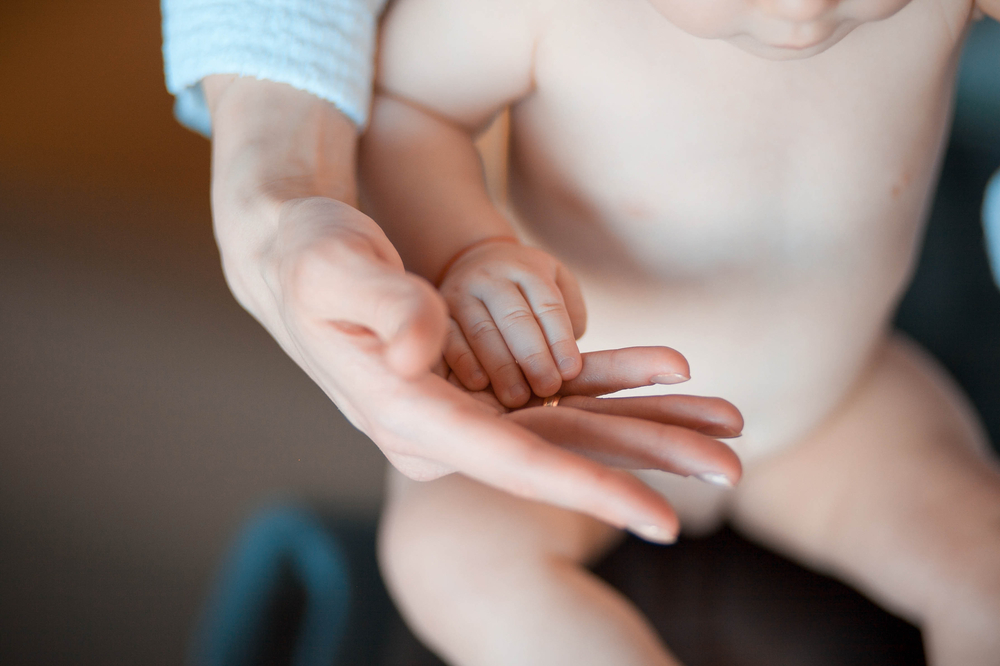Study Examines Impact of CF Diagnosis on Newborns’ Parents

A recent study reported experiences and perceptions among parents whose children have been diagnosed with cystic fibrosis (CF) or sickle cell disease (SCD) via the newborn screening (NBS) program in the United Kingdom. Not surprisingly, the results showed that a positive NBS result may have a profound psychosocial impact on parents, and that their concerns should not be overlooked.
The study, “Parents’ Experiences Of Receiving The Initial Positive Newborn Screening (NBS) Result For Cystic Fibrosis And Sickle Cell Disease,” was published in the Journal of Genetic Counseling.
The U.K.’s NBS program consists of the analysis of a blood sample from a newborn to detect the existence of genetic and hereditary disorders such as CF and SCD at the time of birth, helping to speed the initiation of treatment in babies who need it. In this blood test, levels of immunoreactive trypsinogen (IRT) are considered a sensitive, but not specific, indicator for CF. Further analyses, such as checking for the presence of mutations in the CFTR gene or the sweat test, are necessary to confirm diagnosis.
However, despite the obvious advantages of early screening, the impact of a positive diagnosis on the child’s parents also must be considered important.
The objective of this study was to gain insight into the parents’ experiences, the impact of diagnosis upon the family and the parents’ relationships with health professionals, as well as to identify ways to share positive NBS results with parents.
To do so, researchers conducted interviews with 22 parents (12 mothers and 10 fathers) whose children, younger than 1 year at the time of the interview, had been diagnosed with CF or SCD in the NBS.
The interviews found that the areas of concern for parents included:
- previous knowledge of the condition and the NBS program – among most parents, previous knowledge of CF was generally limited, which contributed to feelings of anxiety when knowing about the positive diagnosis of their child. As for knowledge about the NBS program, certain parents reported remembering receiving information during pregnancy or shortly after birth, but had not read the information;
- receiving the positive diagnosis – all parents reported receiving the result vividly, but recalled negatively if they received the results on their own. Some parents expressed how important it was to have had the other member of the couple there when the result was known, and the ability to support each other;
- parental reactions to the result – parents reported feeling several emotions when receiving the positive NBS result for their child, such as relief, devastation, guilt, denial, surprise and shock;
- sharing the results with others – parents of babies with CF said they shared the initial NBS results with their close family almost immediately, and before the confirmatory testing. However, whereas for some parents this was a relief, others considered it an unpleasant experience;
- the impact on parental relationships – some mothers reported difficulty in telling the baby’s father of the result, feeling like a “bearer of bad news,” while others said that a positive result caused arguments between the couple and made them question their choice of partner;
- support strategies – parents said they found it useful to read the information sheets available from a CF charity, and that they would like the opportunity to talk to other families with a child with CF to get more information on how to care for their child.
The results showed that a positive NBS finding may have a profound psychosocial impact on the parents, and that the effects should be addressed.
“Study conclusions indicate that most parents thought initial positive NBS results should be delivered by a health professional with condition-specific knowledge, preferably with both parents present,” the authors wrote. “Genetic counseling needs to include a focus on the impact of NBS results on parental relationships. Careful consideration needs to be given to strategies to support parents of babies who have positive NBS results, both in terms of the psychological health and to assist them in sharing the diagnosis.”







